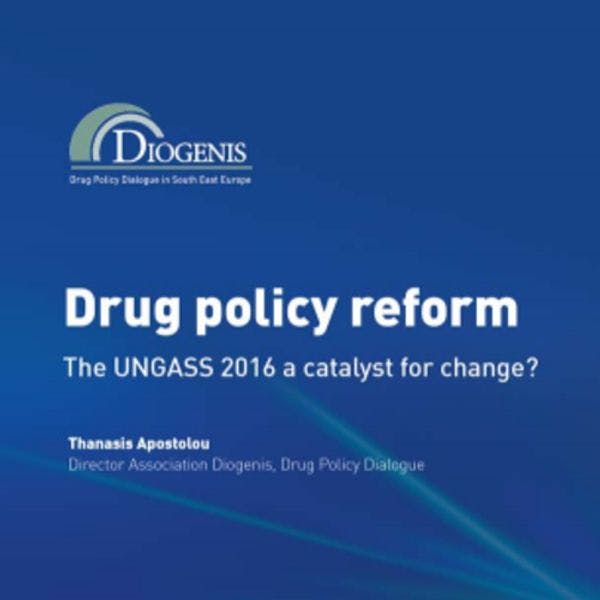Drug policy reform- the UNGASS 2016 a catalyst for change?
The international community has made efforts, since the beginning of the last century, to address the social problem of the use of narcotic and psychotropic substances through a control system based on limitation of their cultivation, production and availability for medical and scientific purposes. Cultivation and production for other uses is prohibited and prosecuted with severe criminal penalties. In 1961, the United Nations (UN) adopted, after many years of negotiations, the “Single Convention on Narcotic Drugs, 1961”, with the aim to eliminate the illicit cultivation of opium, the coca bush and the cannabis plant. Following the Single Convention on Narcotic Drugs, that has been amended by the 1972 Protocol, two more conventions on drugs have been adopted: the 1971 International Convention on Psychotropic Substances and the International Convention against Illicit Traffic in Narcotic Drugs and Psychotropic Substances of 1988. These three international conventions are the basis of the legislation of the UN Member States on narcotic and psychotropic substances. The vast majority of the UN member states has signed and most of them have ratified these three international conventions.
The implementation of the three conventions has not achieve, up to now, their objectives. On the contrary, the cultivation, production, trafficking and use of psychotropic substances, beyond their use for medical and scientific purposes, has expanded all over the world and new psychoactive substances have been added to the list of illegal substances.
The international community has repeatedly evaluated the effectiveness of the drug control system. General finding is, that the phenomenon of use of narcotic and psychotropic substances continues to exist and that the approach of prohibition, suppressive measures and punishment does not work. Despite this finding, UN member states are reluctant to distance themselves from the current system. In the period after 1961 until recently, mainly the position of the great powers and in particular the position of the United States of America prevailed. The known as “war on drugs” not only did not bring the expected results, but had also serious negative consequences such as the creation of criminal groups for the trafficking of illicit substances, investment in repressive measures of punishment and imprisonment of users, than prevention and treatment, exacerbation of corruption, the black economy and money laundering. With the major political, social and economic changes of the 1990s, voices of disagreement, with the current control system of narcotic and psychotropic substances and the search for different methods to address the problem, increased. The UN General Assembly Special Session on drugs in 1998, despite the high expectations for change, ended up with the continuation of the repressive policies.
